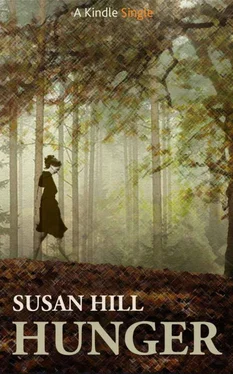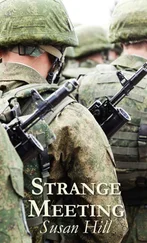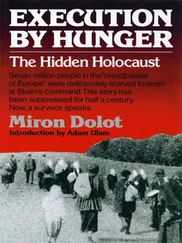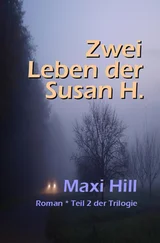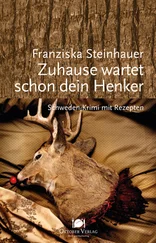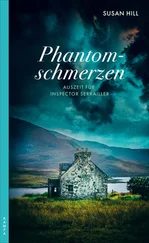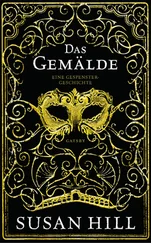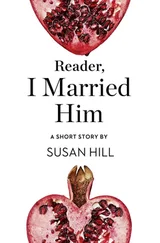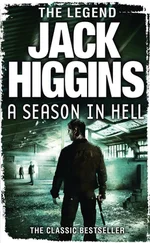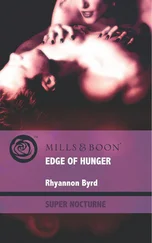‘You’re not the one.’
Was she the one who had wanted to move to the country? After a time they both had, but she couldn’t remember where it had begun.
You are not the one left alone here in a cottage at the end of a lane in a hamlet without anything, without a shop, a pub, a school, a bus, a…
Not that she needed the pub, school or bus.
Knowing nobody.
‘You’ve always said you prefer your own company.’
Had she?
‘Those kids,’ he said, taking her hand and swinging it as they went back past the row of cottages.
‘I mean, it’s a paradise, isn’t it? Running loose, perfectly safe.’
‘How do you know they’re perfectly safe?’
He swung her hand up and kissed it. Smack. His lips were damp.
‘You’re not worried about the mad axeman?’
‘No. I just wonder how you know it’s perfectly safe. I mean, why the country would be safer than the town. The city.’
Adrian gave his hyena laugh.
‘Traffic. Road rage. Paedophiles. Knife crime. Oh yes, indeed, urban life is very safe.’
‘I didn’t–’
‘Ha! Ha! Ha!’
The Nurofen had begun to wear off. Someone was dragging her insides down at the front and boring the hot poker into her back. The headache was gone, though.
‘What do you think they were doing? Cooking something?’
Stone Soup , she remembered.
‘Making witches’ potions.’ Adrian put on a spooky voice. ‘Stirring the cauldron. Eye of newt and all that. I think it’s great. Really great. All that space. No one telling you what to do. No Nintendo.’
‘I don’t think children play Nintendo now, do they? Isn’t it something else?’
Adrian slammed the gate.
‘There you go,’ he said. ‘Why do always have to correct me? Why do you have to be right?’
‘I wasn’t…’
But he had gone thundering up the uncarpeted stairs and crashing into the bathroom.
He had two more days off, during which they sorted out the furniture, the curtains, the kitchen, the linen, the lamps, the books, and Paula forgot what it was like not to ache, not to feel so tired she longed to lie on the floor and sleep without undressing. It rained. Adrian sang and whistled. The electricity failed. The oil delivery came. And every morning and afternoon he made her go out for a walk, to explore, even in the rain, because, he went on saying, that was why they had come here.
‘Fresh air. The natural world. Space. Exercise.’
And she had agreed. When they had still been living in Salisbury Road she had agreed, had longed for all of this, the greenness, the space, the silence. She did not blame him at all.
When he went back to work, she would start organising her workroom, an old lean-to conservatory at the back, with a couple of broken panes and rotting wood in the door. But hers. It had a floor of old, uneven bricks and a tortoise stove. She could see the shadows of the blue hills and the sky was soft with cloud, right above her head.
On the second morning she went for a walk alone, ambling along the track and across the field without any sense of direction or purpose. Adrian always had a purpose – to the east, to the west, to the woods, to the fields, to see a view, to reach the end of somewhere. Not having one made her feel peaceful.
On the far side of the field, beside a high hedge, she could see them again: a little cluster of children close together, arms stretched up, then backs bent, arms up and bent. Paula zigzagged quietly towards them.
They were picking unripe berries, green and small, and dropping them into a plastic tub.
‘You do know you can’t eat those?’
Two of the children turned and stared at her, but did not smile or speak.
‘Leave them till autumn. They’re OK when they’re ripe.’
One of the boys stripped a handful of the green berries and ate them, looking her straight in the eye.
‘You’ll get tummy ache.’
But after a moment, during which they merely stared at her in silence and unsmiling, she turned away.
‘Wonderful,’ Adrian would have said, ‘foraging for their own treats, not buying all that sugary junk from a shop. That’s how it should be.’
Paula wondered again why they were not in school.
She began to notice the birds that came into the garden. While she was at her drawing board or painting at her table she kept looking up and spotting a blackbird under the bushes, a thrush on the fence, a long-tailed tit, a great tit, chaffinches. Once or twice a woodpecker swooped in, flashing scarlet and white. They did not fly up in panic. She put breadcrumbs on the step and they were gone within the hour.
At the weekend they drove to the nearest market town for groceries and she bought a bag of bird nuts and a plastic feeder. An extra loaf.
‘How is it,’ she asked Adrian, ‘on the train?’
‘Well, it’s a train. I go on it.’
‘I mean… how are you finding it? The commute? Do you enjoy it?’
‘Does anyone?’
He went to bed just after nine thirty and was often curt with her. But when they went out for a walk in the sunshine on Saturday he said, ‘This is what it’s all about, you know. This is it.’
‘What?’
‘Life,’ he said, raising his voice slightly. ‘This is what life is all about.’
And gradually Paula found that it was. The first surprise was how much she loved being alone for twelve hours a day; how much she resented the people pressing in on her when she went to the supermarket or into town. She moved slightly away to avoid being touched, sat in the café drinking her coffee alone, watching them and feeling as if she belonged to some other species than theirs. She did not feel hostile, just detached. Different. She lived in an invisible shell.
The cottage was quiet, apart from wind in the leaves. Rain on the leaves. Rain on the glass roof of the lean-to. A distant tractor in the fields. The postman’s van. Birdsong.
The days slid into one another and in the afternoons she sometimes felt a mist of tiredness settle on her like a cobweb, and she would sleep, on the couch or the bed, or, now that the days were warmer, on the grass. She woke gently, to lie still, not thinking, listening, watching the shadow of the leaves moving across the bedroom ceiling or the sun’s brightness on a sheet of white paper.
It was on one of the fine, warm afternoons, when she had been sleeping on the grass, that she woke more suddenly than usual, because of a different sound: a shuffle and then a half-stifled murmur. She opened her eyes and saw the children. There were only two of them this time, the tallest and the smallest. The girl was standing under the hanging bird feeder, extracting peanuts one by one and handing them down to the small boy, who put them quickly into his pocket. In between hiding them, both children were eating nuts as well. Occasionally, the girl glanced round quickly, but her hands were deft and swift and as Paula watched the nuts in the feeder went down, until it was empty.
She was going to jump up and challenge them, partly annoyed about the theft, but also with concern. Weren’t peanuts meant for birds ‘unfit for human consumption’? But almost as the thought came into her mind the children were gone, vanishing like shadows when the sun goes in, soft and swift of foot, down the path and out not through the gate but through a neat gap they had made in the hedge. The shrubby branches closed behind them and the garden was empty.
The next thought in her mind seemed urgent. She would not tell Adrian. Must not tell Adrian. Why was that so important?
She got up and re-filled the nut feeder and for the rest of the day was alert for the slightest sound or sight of the children. But they did not come back.
Not that day. Not the next, and then it was the weekend and they went for more energetic walks and still she did not tell him. When they were not walking or grocery shopping, Adrian slept. Paula had started to tackle the jungle that was the garden, slashing back, raking out, digging up, while he slept on. She did not mind. She liked her own company after all.
Читать дальше
